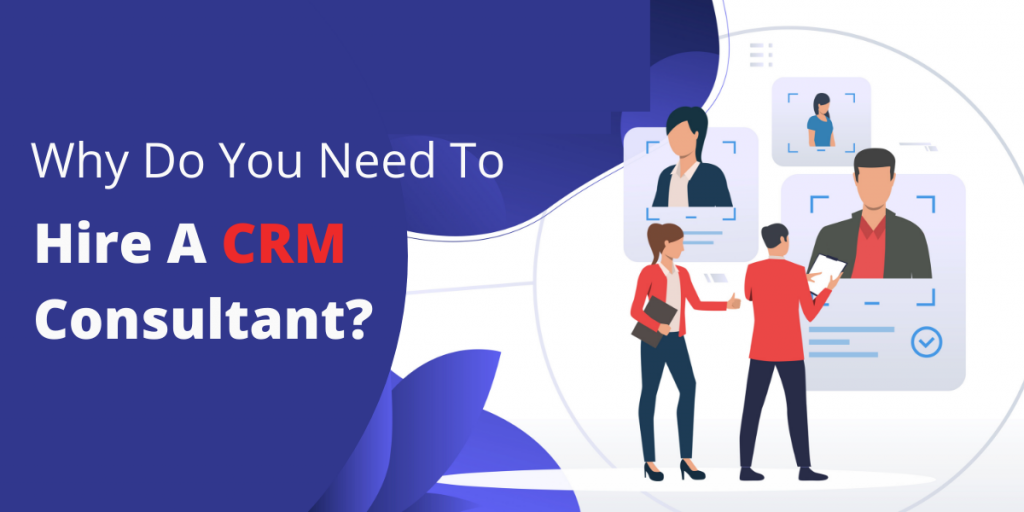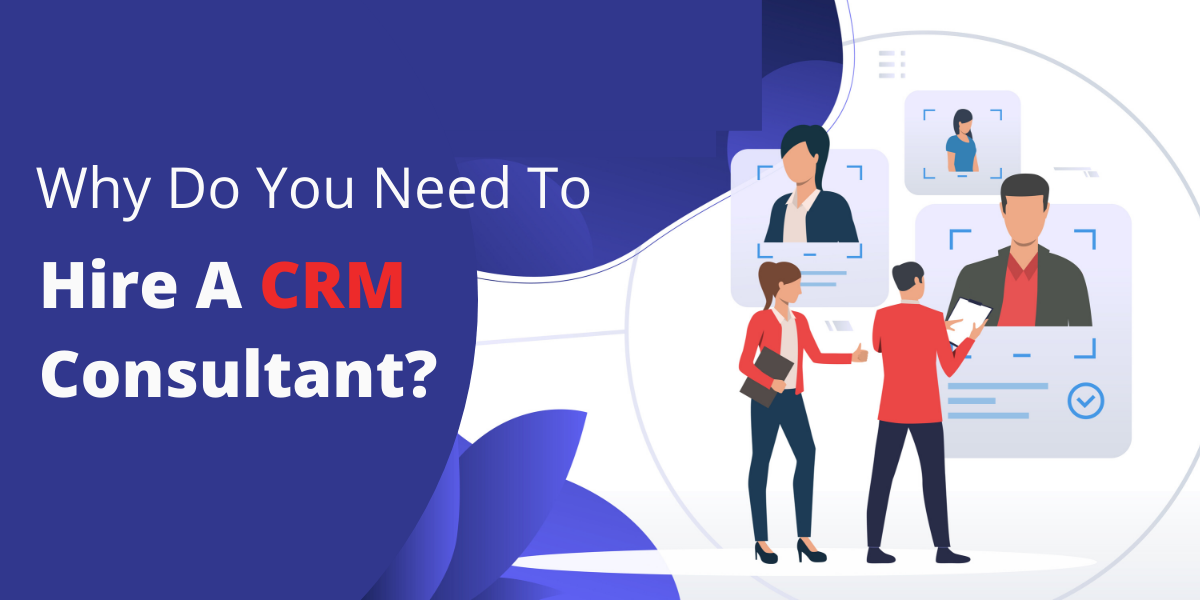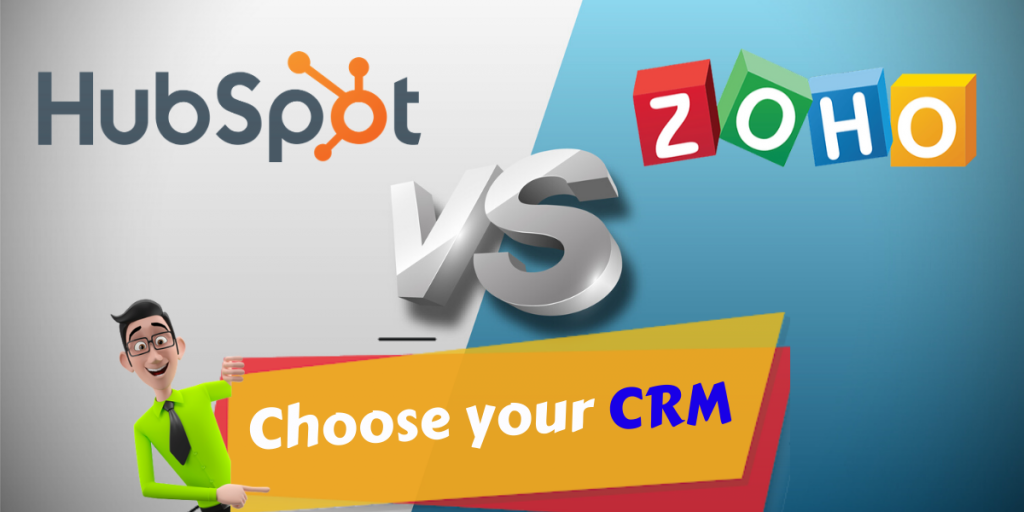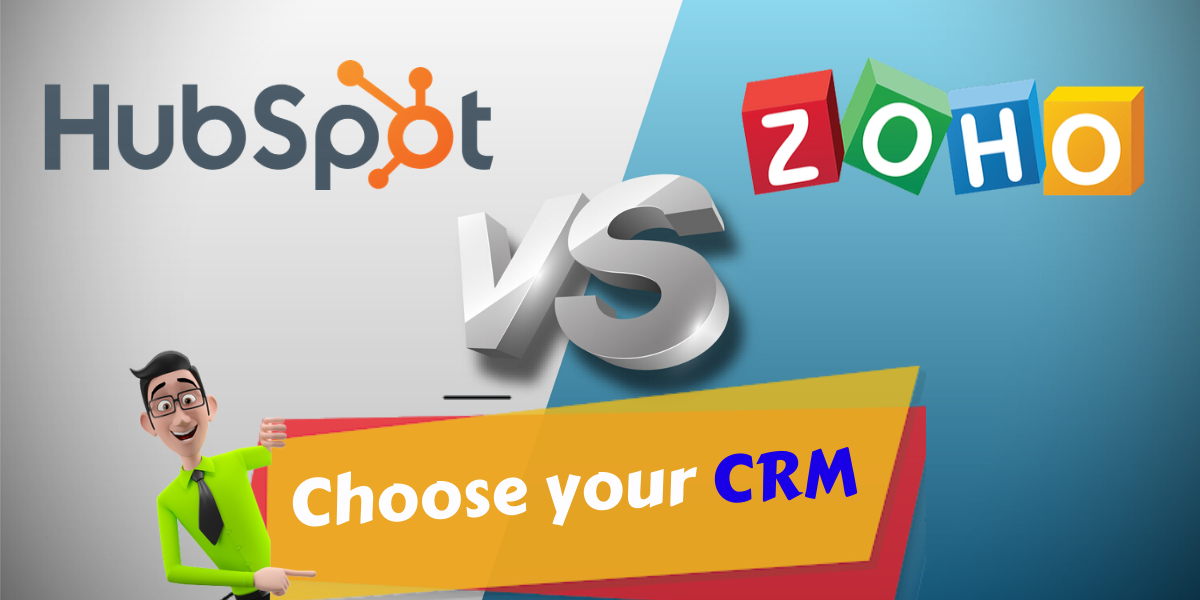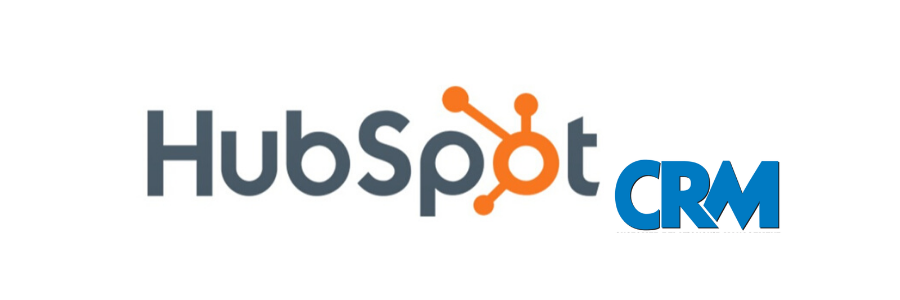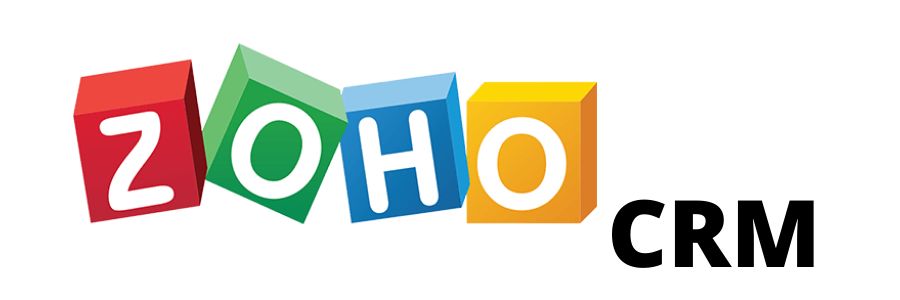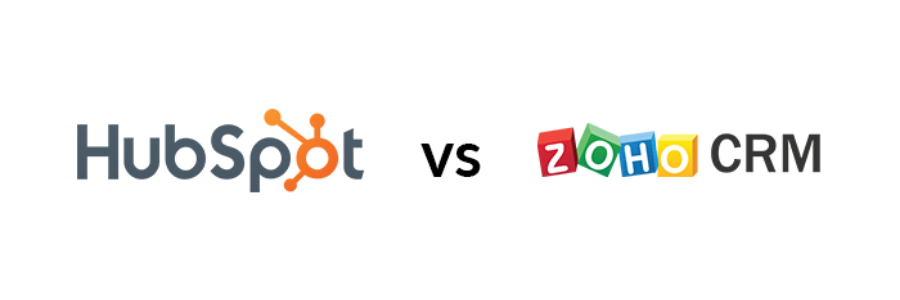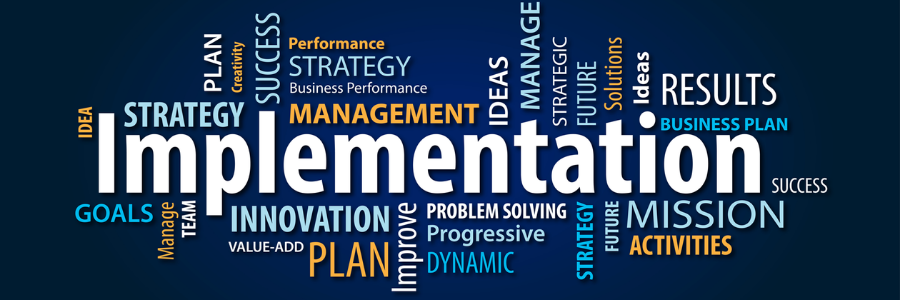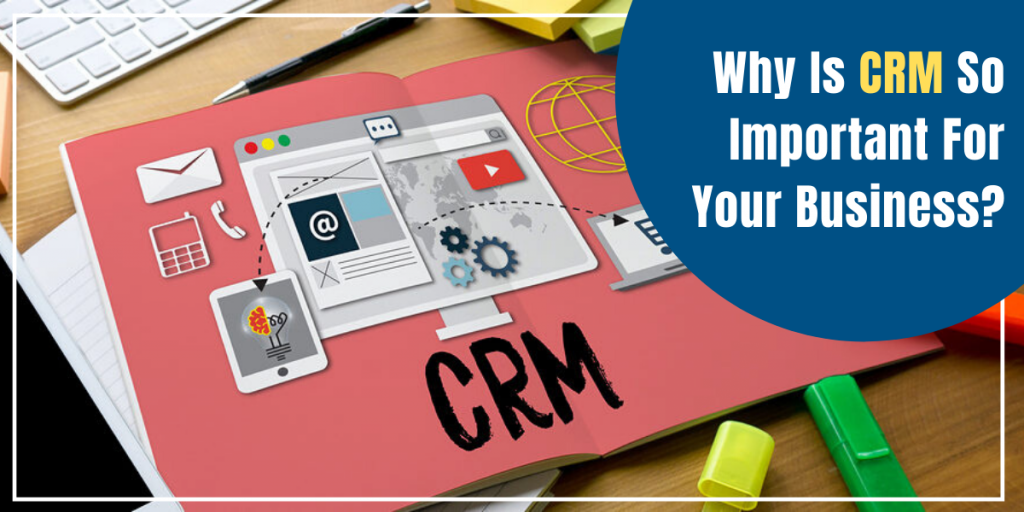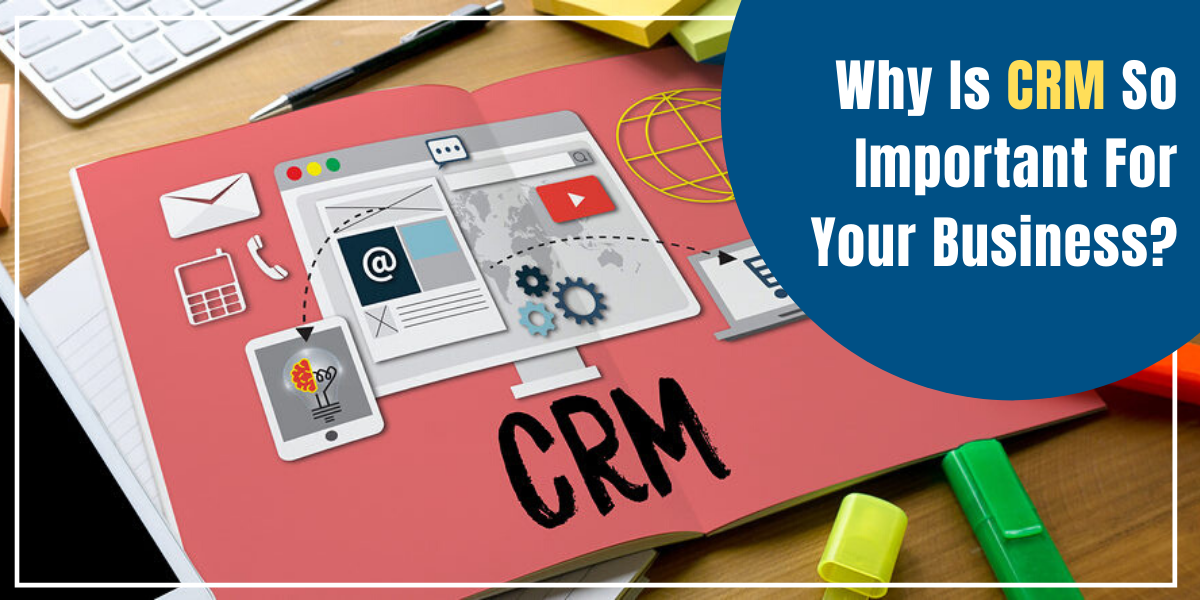Why Do You Need To Hire A CRM Consultant?
Is your company starting up with a new CRM system or has already adapted to a new CRM system? So, what’s your implementation strategy? Even for companies that want to take on complete ownership of a CRM system, it can make sense to engage an external consulting party for the initial CRM implementation.
Implementing CRM into your company system can sometimes be challenging; that’s where the need for an expert consultant arises.
Why CRM?
CRM (Customer Relationship Management) software is getting progressively important in today’s business world. Right from collecting customer information to managing it efficiently, CRM allows companies to administer an array of important front-office activities, including sales processes, lead acquisition and conversion, tracking of customer interactions, and marketing.
As companies can streamline their operations using this software, all varied processes and responsibilities can be more integrated; it results in superior levels of sales and customer satisfaction.
Reasons to Hire a CRM Certified Consultant
Whether your company is implementing a CRM system or already has one, you’ve possibly realized how vast an undertaking it is. From selecting which CRM platform best suits your needs to encourage employee adoption, there are various aspects that can fall short if not handled correctly. Hiring CRM consultants can help you make the most out of your CRM investment and ensure a smooth implementation process.
1. Selecting the Suitable CRM Platform
Since CRM systems support various departments with different requirements, choosing a platform that assures all of them can be difficult. So CRM Consultants can facilitate your decision-making process by helping you to identify your business needs and matching them to the different leading CRM platforms. They help you to select the best matches and evaluate its usage as per the Total Cost of Ownership (TCO).
2. Time and Cost Resource
It is worth considering that internal resources will likely take more time to execute a CRM package than external consultants. A company can pay more per hour for an external CRM Consultant, but the benefit of having skilled people come in for quicker implementation. As a result, the company gets a sooner return on its investment in the new CRM system.
3. Customizing and Optimizing after Installation
Once you have installed and configured the right CRM application, you’ll want to include any extra customizations and adjustments to tackle any challenges. CRM consultants will help you out at this stage as well. After the setup, consultants inquire the customer to discover the key initiatives and problems with the solution. Then they produce a plan and an ROI and then create a multi-year plan according to your budget.
At the initial stage, many customers don’t understand that CRM can be integrated with third-party applications that can improve their platform’s functionality. The consultants will also develop custom solutions for clients based on their particular requirements. So, whether you want to unite back-office systems, insert document viewing and signing, or automate manual processes, a CRM consultant can direct you in the right direction.
4. Exposure to Best Practices
One of the major reasons to hire CRM consultants is their massive knowledge of a variety of CRM best practices. When you hire an external consulting team, you don’t just engage people who are technically certified in your chosen CRM system. But you hire a team of professional personnel who have come across a wide variety of real-time world business situations with many years of expertise, and who know which strategies and technical approaches work the best, and which ones don’t.
5. Information about Subtleties
Just as some restaurants that have a secret menu, some CRM retailers have unexposed, free functionalities that can be made accessible on request. Most of the professional consultants will possibly have information about some of these hidden gems.
Additionally, today’s CRM systems have such profound functionalities that it’s sometimes even harder to find out the well- known features. A CRM consultant will help you to distinguish which type of features you should give a high priority.
6. Creating Past Solutions for Similar Problems
When you employ special IT staff to implement CRM applications in your organization, they will need to spend time learning about your company’s exact business profile. When you hire an experienced consultant, It can be possible that they have encountered some similar business problems to those of your company during their preceding consulting engagements. Therefore, the consultant can then recommend the best-proven approaches to resolve those business issues within a CRM solution.
7. Pre-Developed Code
For more advanced functionality and integrations, expert consultants often have pre-developed code collections that can accelerate the speed of CRM development. If an in-house developer is new to the selected development environment of the CRM system, he or she will require developing every single line of code from scratch, or spending time researching some smart and time-saver techniques or public code samples.
8. Pre-Developed Data Migration Strategies
If you need to migrate the data from a legacy contact manager to a CRM system, a CRM consulting partner will already have experience and knowledge of transferring data from the same legacy application that relates to your existing company system. While data migration can often be a complex process, even when the understanding of a legacy application comes into practice, there can still be considerable time saving and an improved outcome from leveraging an external consulting team’s former experience.
9. Third-Party Product Recommendations
It might be possible that a single CRM system does not have all the features you need in your organization, but they consist of hundreds of different apps you can use to function more resourcefully. Opting for the multi-company experience, a professional CRM consultant can recommend which third-party add-ons you can take into consideration. Some enhanced functionalities may include partner portal, email marketing, marketing automation, data, and app integration, or legacy system integration, which can save a significant quantity of internal research time.
10. Training Team to Use New CRM System
Consultants will support your company employees and propose technical training and rollout plans that will make the transition easier. They will analyze and evaluate the company’s processes and workflows to make suggestions for working out ways for streamlining processes using the CRM system.
External professional CRM consultants are the best option to provide more effective end-user training than internal resources that are relatively new to the CRM solution. The proposed user training may include the knowledge and guidance of all sets of best practices that can help the users in CRM adoption.
Choosing the Right CRM Consultant
As explained above, a CRM Consultant does more than helping you and your company in choosing the right customer relationship management solution for your business. They can support you create content systems and processes, train your staff to use the new system, and recommend the best practices for future growth. Therefore, selecting the right consultant can make a significant difference in your productivity and outcome. Before you employ a consultant, it’s essential to check out a few key points to make your decision easier.
- Total Experience in CRM Consulting
- Expertise with Multiple CRM Platforms
- CRM Product Development Experience
- Specialties and Industry Focus
- Delivery capacity
- CRM Implementation Approach
- Expertise in Your Niche
- User Experience
- Customization and Training
- Cost-Effectiveness
So when you approach a CRM consultant, don’t forget to consider the above-stated points, so you end up with a well-experienced and professional consultant at your corner.
Wrapping Up
Sometimes, users do not understand that when they start transiting to new CRM, requirements will also change, and new requirements will be there. And the companies fail to recognize those needs, which can lead to failure of adoption and lose out the CRM project.
As you have read, CRM implementation is a hard job to do, and you may confront a lot of organizational and technical challenges on the way. But relationships with the customers conclude the success of any business, and that means you need CRM. In most of the cases, it’s pretty logical to consider hiring a qualified external CRM consultant who can give you superior advice on selecting the best option for your custom needs and provide technical guidance on CRM implementation.
Consultants actively participate in the complete implementation process and can help you at different levels, including business process planning, choosing an appropriate configuration, and developing system integration strategies. Your consultant can provide recommendations on how you should optimize the application and ensure its security. Besides, they will also help you choose the right methods to capture, extract, and transfer your business data and analyze it.
Zoho and Salesforce are the leading CRM service providers that are serving millions of users around the world. It all depends on the specific needs of your business to conclude which platform goes well with your business. If you are looking for a highly-advanced system with an abundance of scope to scale, Salesforce Consulting Services will guide you to get the complete guidance and the basic price quote. And if you’re starting over with some fundamentals and want to save on costs, you will don’t regret contacting a Zoho Consulting Partner.
Usually, the thing that matters the most is not “Which one is better?”; but is “Finding the one that better supports your needs and budget” If you’re getting any difficulty in deciding, we’d like to help you.
Why Do You Need To Hire A CRM Consultant? Read More »
CRM Services
